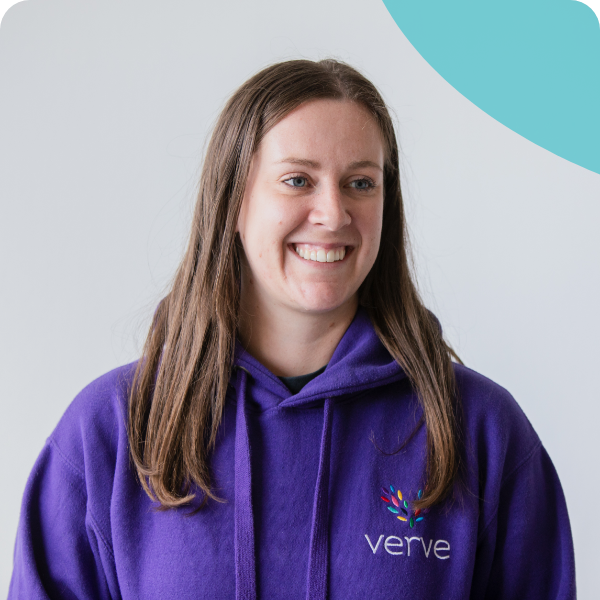Last week saw our latest MASTER event – featuring guest speakers from across the alternative investment sector, we discussed the applications of tax-efficient investments and wrappers.
Firstly, we heard from James Jones-Tinsley from Barnett Waddingham, where he took us through the wild and wonderful (but often controversial) world of SIPPs and SSASs. These types of plans are renowned for their ultimate flexibility in terms of the assets that can be held in such wrappers – it is possible to invest in commercial property, gold bullion, unquoted shares, cryptocurrency – even airport car parking spaces (!), but the critical question is; which ones are suitable to be held in pension schemes and why? Well, we learnt that while certain assets may be perfectly legitimate investments, some can give rise to nasty hidden tax liabilities; and how others are just plain unsuitable, either through the scheme members having no control of the underlying assets or the assets giving rise to unlimited liability to losses. Following on from this, we touched on some of the modern issues driving interest in these risky investments, particularly social media and its influence on cryptocurrency.
Following James, we heard from Guy Tolhurst at Intelligent Partnership where he talked us through the application of Business Relief (BR) in financial planning. We kicked off with a bit of background on BR as tax relief, and its evolution over the years to ultimately allow a total IHT exemption on qualifying shares. We went through the specific risks of investing in BR-qualifying shares in order to obtain favourable tax benefits before looking at how BR products can be paired with other IHT planning techniques. We then looked at BR in the current context with Covid-19 and the effects this is likely to have on the financial advice industry, and the part BR can play in rescuing certain clients IHT planning whose circumstances may have taken a turn for the worst over the pandemic.
On to EISs and VCTs – we had Charlotte Fairhurst from Octopus Investments talk us through the ins and outs of using such investments in practice. EISs and VCTs are often mistakenly grouped together as being very similar investments, but they also offer certain key differences that allow advisers to use them in different areas of financial planning. After a quick summary of the key similarities and differences, Charlotte discussed a few scenario-based case studies to illustrate the wide variety of applications, starting with how buy-to-let landlords might benefit from investing their rental income into VCTs; and ending with how EISs may be used to both defer any Capital Gains Tax liability and manage any IHT liability following the sale of a family business. We also had a quick delve ‘under the hood’ at how these investments function at investee company level; how this is reflected in the types of tax benefits they can provide and, in addition, how these give rise to specific risks within EISs and VCTs. To finish up, we again discussed the necessary due diligence with some useful questions to ask VCT and EIS providers.
Last, and certainly by no means least, we heard from Canada Life’s Neil Jones who discussed the role of trusts in financial planning. To kick us off, Neil started from the very top, covering the basic structure of a trust, and the roles, responsibilities and powers of the trustees. Next, Neil ran through a whistle-stop tour of trust taxation in three types of trust structure: Bare (or Absolute); Interest in Possession and Discretionary. Neil did an outstanding job of outlining the specifics surrounding the tax position – on Trustees, Settlors and Beneficiaries – of each type of trust, and the key differences that make them relevant to different areas of financial planning and advice. We discussed the use of Deeds of Variation and the role they may, or may not, play in trust planning before finishing up with a summary of the financial planning opportunities that may arise from the use of trusts.
Thank you to everyone who attended and participated, and to the speakers that contributed to a highly insightful discussion of alternative investment and planning strategies. If you missed out, you can register for their next MASTER: Specialist Investments workshop taking place in November.














Eclipse Archives Industry Insight Popular
What’s your mastermind subject?
I’m here to talk branding. Anyone who knows me knows it’s my Mastermind subject. And, if you don’t know me, I’m Natalie Bell, [...]
Eclipse Archives Industry Insight Latest News Popular
URGENT: LTA Abolition
HMRC kindly issued a newsletter on 4th April advising clients to delay taking their pension benefits or transferring until it can fix incorrect [...]
Group News
Say hello to our trainers!
As part of our ongoing commitment to excellence, we’ve recently welcomed an awesome duo to our training dream team. We introduced a new [...]
Latest News Popular Press
Spring Budget 24
The spring budget comes and goes with no major changes to the world of financial planning. There are however some announcements and changes [...]
Eclipse Archives Group News Latest
Common ‘Training’?
I can’t get Pulp’s ‘Do You Remember the First Time’ out of my head. I’m pretty sure that Jarvis had other things on [...]
Eclipse Archives Industry Insight Latest
Stellar Compliance
You may have spotted that this week we hosted our monthly TALK event, and this month we were joined by Gillian Hepburn, Benchmark, [...]
Group News Latest
And who do we have here?
We have yet more exciting internal news to share, following a shake-up in a section of our client relations department – with two [...]
Group News Latest News Press
In the press
It’s been a busy January so far! We’ve had a few of our team speak with some press about some hot topics in [...]